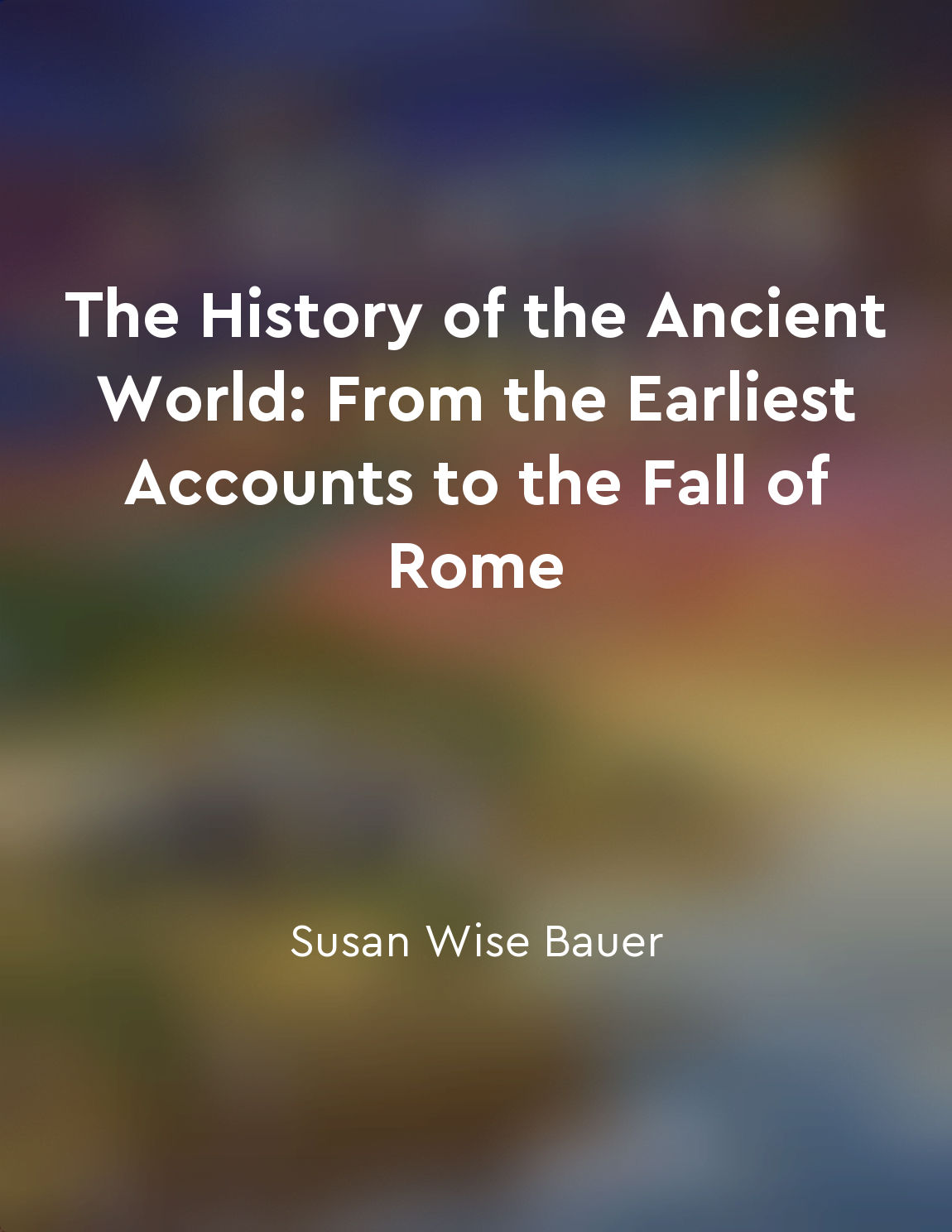Audio available in app
Aristotle developed a system of logic and categorized different types of knowledge from "summary" of The Philosophy Book by DK
Aristotle, a Greek philosopher who lived in the 4th century BCE, made significant contributions to the field of logic. He developed a system of reasoning that has had a lasting impact on Western philosophy. Aristotle's system of logic is based on the idea that all knowledge can be organized into a series of categories. Aristotle believed that there were two main types of knowledge: theoretical and practical. Theoretical knowledge, he argued, is concerned with understanding the natural world and the fundamental principles that govern it. Practical knowledge, on the other hand, is concerned with how to live a good life and make ethical decisions. Within these two main categories, Aristotle further divided knowledge into different disciplines. For example, he distinguished between mathematics, which deals with abstract concepts like numbers and shapes, and physics, which deals with the study of the natural world. Aristotle also developed a system of logic that he used to analyze arguments and distinguish between valid and invalid reasoning. He identified three basic types of logical statements: universal affirmatives, universal negatives, and particular affirmatives. By carefully analyzing these statements, Aristotle believed that one could arrive at sound conclusions and avoid logical fallacies.- Aristotle's system of logic and classification of knowledge laid the foundation for much of Western philosophy and science. His emphasis on clear reasoning and careful categorization continues to influence how we think about the world around us.
Similar Posts
Analytic philosophy focuses on clarity and precision in language
Analytic philosophy places a significant emphasis on the importance of clarity and precision in language. This approach aims to...
The Battle of Marathon was a turning point in Greek history
The Battle of Marathon was a momentous event that altered the course of Greek history. Prior to this fateful battle, Greece was...
Acknowledge the interconnectedness of ideas
To truly grasp a concept, one must understand that ideas are interconnected. Each idea is not isolated but rather intertwined w...
Logical thinking is essential for problem solving
The ability to think logically serves as a foundation for effective problem solving. When faced with challenges, it becomes cru...
The Persian Wars were a turning point in Greek history
The Persian Wars were a turning point in Greek history. Prior to this series of conflicts in the early fifth century BCE, the G...
Practicing empathy aids crosscultural understanding
Empathy is a powerful tool that can help us bridge the gap between different cultures and foster a deeper understanding of othe...
Language precision enhances clarity in arguments
Precision in language serves as the backbone of effective communication, particularly when constructing arguments. Vague terms ...

Explore the rise of ancient civilizations like Sumer and Egypt
The emergence of ancient civilizations such as Sumer and Egypt marks a significant turning point in human history. These early ...
Finding purpose and meaning in our daily activities is crucial for happiness
Aristotle believed that finding purpose and meaning in our daily activities is essential for our happiness. He argued that happ...
The philosophy of science explores the nature of scientific knowledge
The philosophy of science delves into the fundamental questions about how scientific knowledge is acquired and what it represen...

